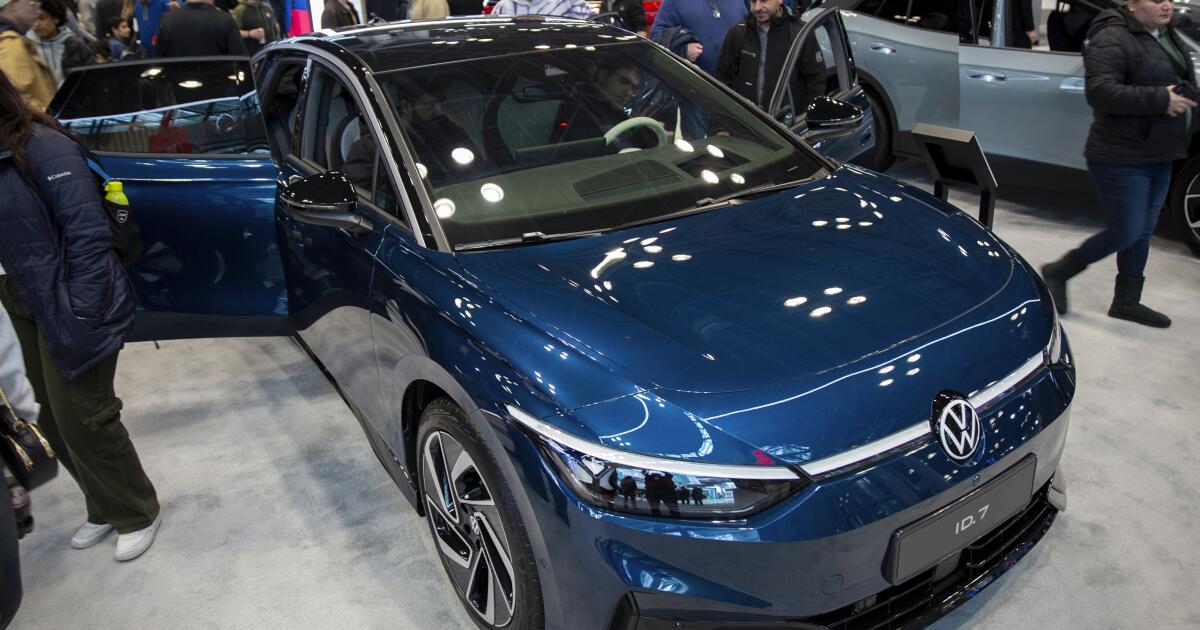URGENT UPDATE: A new voice in electric vehicle advocacy is challenging the narrative that electric cars are prohibitively expensive. Paul Scott, co-founder of Plug In America, has responded directly to a recent article in the Los Angeles Times that claimed electric vehicles (EVs) cost on average $8,000 more than gas cars, according to Kelley Blue Book.
Scott argues that this comparison is misleading and overlooks significant external costs associated with gas vehicles, which he claims can render the cost differential irrelevant. “When external costs are not considered, it implies that human life is valued at $0,” Scott stated, emphasizing the importance of including these factors in discussions about vehicle pricing.
The urgency of Scott’s message aligns with a fast-evolving automotive landscape, where the used EV market is surging. He points out that consumers can find used models like the Tesla Model 3 for as low as $20,000, which he argues vastly outperforms any new gas vehicle priced at $40,000.
Scott’s commentary, published on October 30, 2025, aims to shift public perception and encourage a more nuanced view of electric vehicle economics. He challenges the notion that electric cars remain expensive, asserting that they have been competitively priced for years.
As the automotive industry grapples with climate change and sustainability, Scott’s call for better reporting on EV costs is gaining traction. He urges journalists to adopt “attribution science,” a method that quantifies the hidden costs of emissions and environmental impact, thereby offering a clearer picture of true vehicle expenses.
The debate surrounding EV pricing is not just about dollars and cents; it directly affects consumer choices, environmental policy, and the push toward cleaner transportation solutions. As more people consider transitioning to electric vehicles, the way costs are presented in the media will play a critical role in shaping public opinion.
WHAT TO WATCH FOR: As the discussion around electric vehicles heats up, expect more voices to join the conversation, advocating for transparency and accountability in reporting. The future of transportation hinges not only on technological advancements but also on how these advancements are communicated to the public.
This developing story highlights a critical moment in the automotive industry, with implications for consumers and environmental advocates alike. As Scott’s message resonates, it could lead to a broader understanding of the true costs associated with all vehicle types, making the case for electric vehicles even stronger.
Stay tuned for further updates on this important issue as more experts weigh in on the economic and environmental impacts of electric vehicles.
